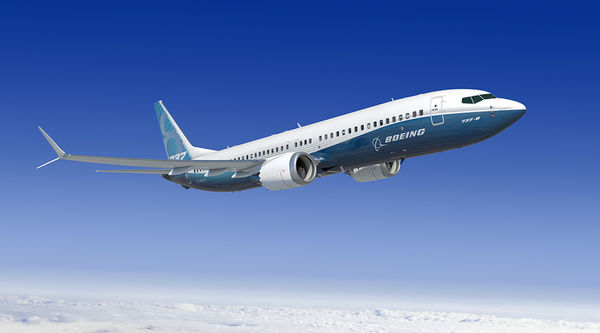US and EU have agreed to suspend retaliatory tariffs imposed during their dispute over subsidies for rival planemakers Airbus and Boeing, EU chief Ursula von der Leyen announced on Friday.
“I was glad to speak to President Biden this afternoon — the first of many exchanges and the start of a good personal partnership,” she said in a statement.
“President Biden and I agreed to suspend all our tariffs imposed in the context of the Airbus-Boeing disputes, both on aircraft and non-aircraft products, for an initial period of four months,” von der Leyen said.
France has also welcomed the agreement, signalling a thaw in a years-long trade battle.
The deal “is a first step in a de-escalation process,” Trade Minister Franck Riester said.
The 16-year-old trans-Atlantic conflict over government aid to the firms saw Brussels and Washington each impose punitive tariffs, including US duties on a record $7.5 billion in European goods.
Each side has won WTO rulings in the aviation dispute that authorised punitive tariffs on other products to compensate for allegedly irregular subsidies to the planemakers.
Also read: Italy stops AstraZeneca vaccine shipment to Australia, backed by EU
Washington has imposed tariffs on European products like wine, cheese and olive oil, and 15% tariffs on Airbus.
And the EU levied additional customs duties on $4 billion worth of American products including Boeing planes and farm produce such as wheat and tobacco, plus alcoholic spirits and chocolate.
US President Joe Biden initially maintained the duties imposed by his predecessor Donald Trump, but von der Leyen said in her statement that she hoped the suspension signalled a “fresh start”.
On Thursday the United States and Britain — which hosts an Airbus plant and was part of the EU when the dispute started — also agreed to suspend retaliatory tariffs for four months.
Von der Leyen said her call with Biden had gone well, and touched on many other aspects of trans-Atlantic relations.
“We both committed to focus on resolving our aircraft disputes, based on the work our respective trade representatives,” she said.
“This is excellent news for businesses and industries on both sides of the Atlantic, and a very positive signal for our economic cooperation in the years to come.”




